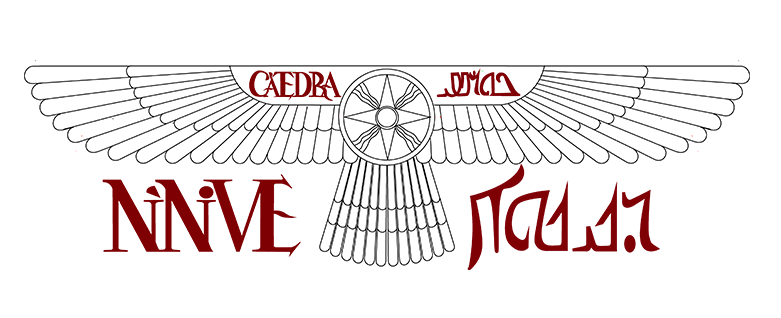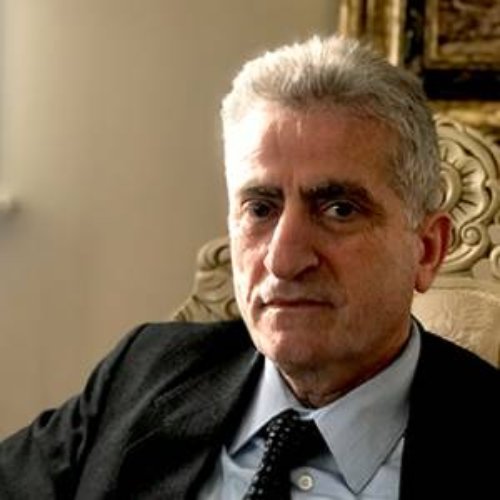Dr. Abdul-Massih Saadi, Ph.D.
Associate Professor of Arabic & Syriac; Scholar of Syriac Christianity and Biblical Translation
Education & Background
Born in Durbasyah, Syria, Dr. Saadi began his early education locally and later attended Saint Ephrem Theological Seminary in Lebanon.
He holds multiple degrees:
- Diploma in Priestly Sciences, St. Ephrem Theological Seminary, Lebanon (1976)
- B.Sc. in Civil Engineering, University of Aleppo, Syria (1984)
- B.A. in Business Administration, University of Damascus, Syria
- Th.M., M.A. etc. in Church History, New Testament & Syriac Studies from Lutheran School of Theology, Chicago (1990s)
- Ph.D. in Syriac Studies, also from the Lutheran School of Theology at Chicago (1999)
Academic Role & Teaching
- Dr. Saadi is Associate Professor in the Department of Modern Languages & Cultures at Baylor University in Texas, USA. He teaches both Arabic and Syriac, with special attention to Syriac Christianity.
- Before Baylor, he taught at the University of Notre Dame (in Arabic and Syriac), and held positions as lecturer and administrator at theological seminaries in Syria and Lebanon.
Research Interests & Contributions
- Translation Projects: Among his prominent achievements is completing a translation of the New Testament into Modern Standard Arabic and a colloquial Arabic dialect (Mardini), based on original/biblical and Syriac sources.
- Syriac Language & Orthography: He has worked on developing orthographic systems to bridge Classical Syriac and Modern “Suryoyo” (Tur Abdin dialect), making the languages more usable for spoken and written culture.
- Christological Literature & Exegesis: He has published critical editions and translations, notably works of Moshe Bar-Kepha (a 9th-century Syriac author) including Moshe Bar Kepha’s Commentary on the Gospel of Luke, and Moshe Bar Kepha’s Cause of the Celebration of the Nativity.
Impact & Significance
- Dr. Saadi combines deep scholarly training with practical contributions: his translations aim to make ancient texts accessible to modern speakers, especially in dialects and registers often considered marginal.
- His work helps preserve and revitalize Syriac Christian heritage: through language, translations, and exegesis he supports identity, liturgy, and culture among Syriac-speaking communities.
- In recognition of his work, he has received multiple honors and awards, including Baylor University’s visibility for his Bible translation project.

